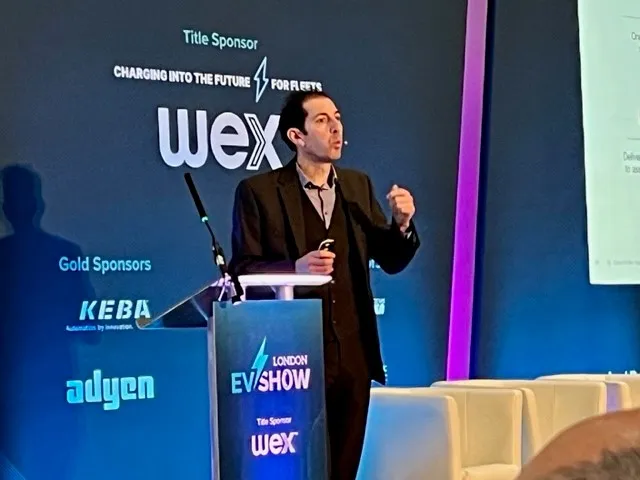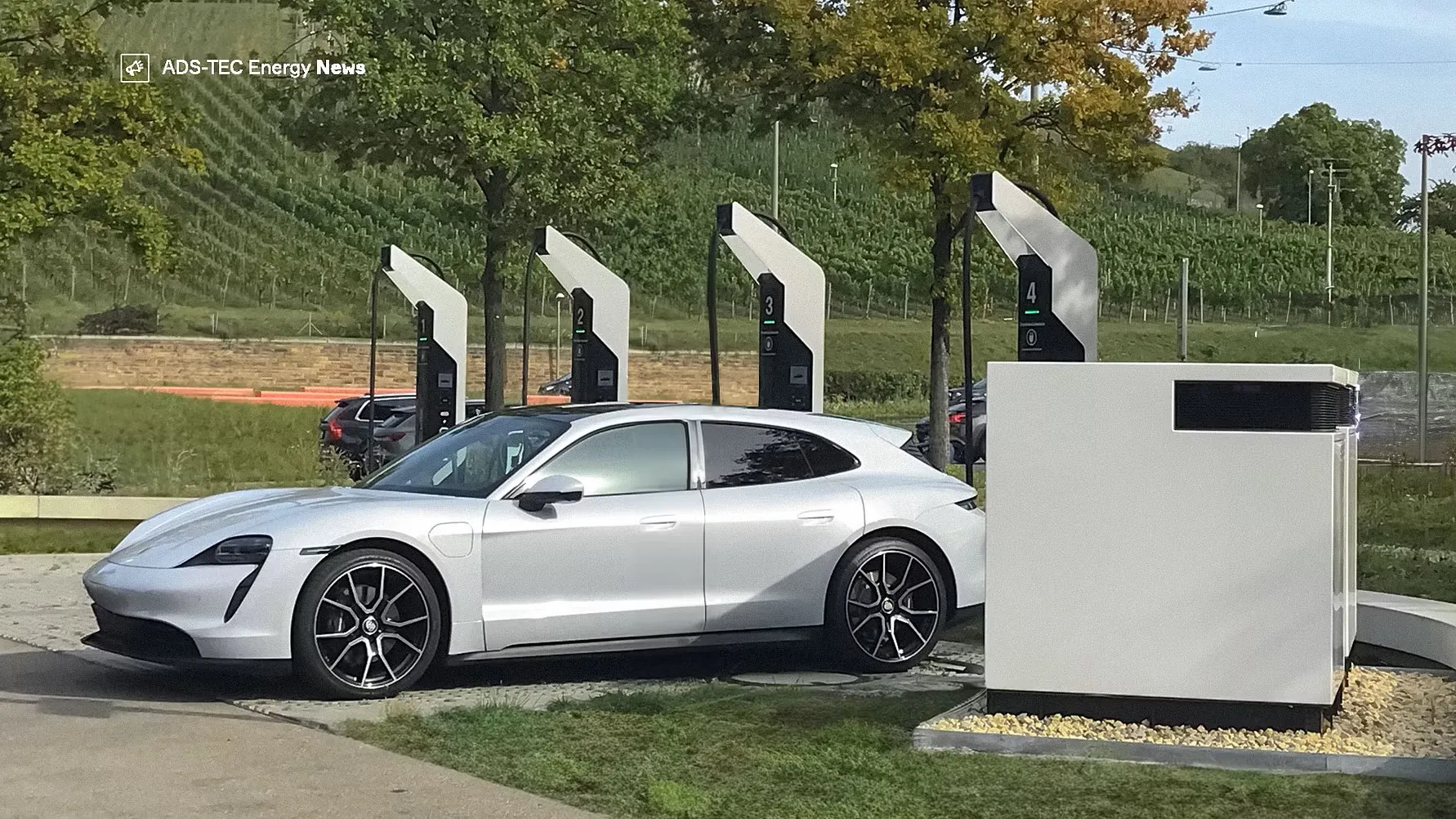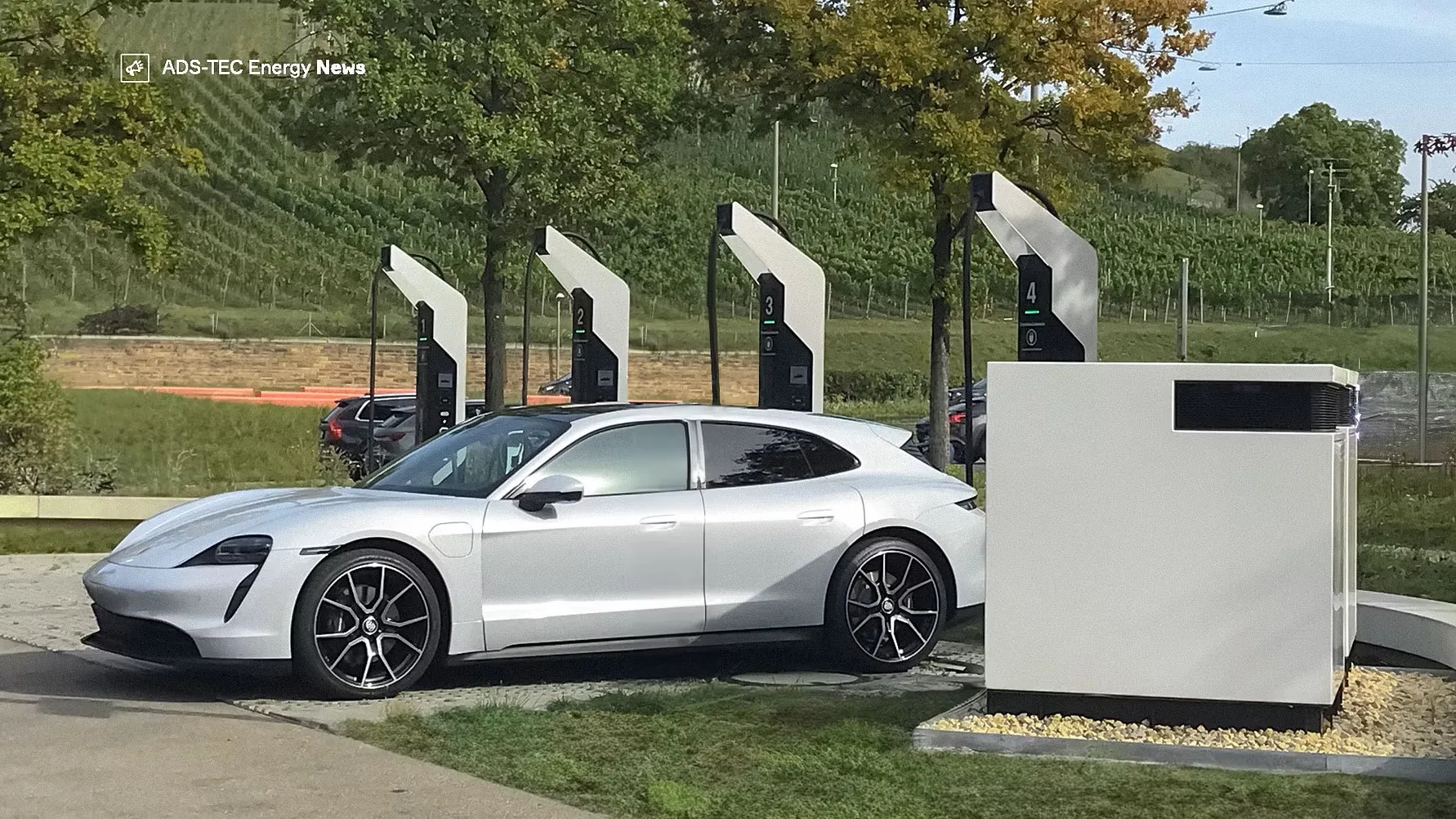
In its latest report, Power to the Fleet: Choosing the best charging infrastructure and commercial ecosystem for your electric vehicles, Deloitte provides comprehensive insights into the pivotal role of fleet electrification in advancing Canada's climate goals. It also outlines a roadmap for organisations to navigate the complex transition, particularly as it relates to charging infrastructure.
According to Deloitte research, commercial vehicles comprise just 20% cent of all vehicles, yet contribute over 60% cent of road transport emissions, underscoring the urgency of the transition. Canada's commitment to achieving 30% zero-emission new vehicle sales by 2030 and 100% new truck and bus sales by 2040 reflects a shared goal towards a sustainable future.
However, the report identifies charging infrastructure as a critical constraint in the EV transition. Strategic planning and collaboration across the fleet ecosystem are vital to overcome this challenge. With over a million EVs expected on Canadian roads by 2025, stakeholders must collaborate effectively to meet the growing demand for charging infrastructure.
"Electrifying commercial fleets isn't just about reducing emissions; it's about future-proofing businesses for the evolving mobility landscape," says Elizabeth Baker, partner in Deloitte Canada's supply chain and network operations practice and a leader in the firm's fleet decarbonisation offering. "By planning for electrification, companies can unlock new opportunities for efficiency, cost savings, and environmental stewardship."
Key findings, innovations, and solutions from the report include:
- Fleet owners must choose between behind-the-fence (private infrastructure) and outside-the-fence (public infrastructure) charging options based on operational needs and business models.
- Selecting the right ownership model and accessing financing opportunities are crucial for successful infrastructure development.
- Green financing and government grants can substantially reduce costs, facilitating broader electrification efforts.
- Innovative technologies like microgrid solutions and energy storage enhance resilience and cut costs for behind-the-fence charging, offering increased site capacity and supplementary energy supply.
- Bi-directional charging, where vehicles act as mobile battery storage, is being explored as an addition to microgrid systems, providing extra power to facilities or the grid.
- Hydrogen fuel cell electric vehicles (FCEVs) may be preferable in certain applications and locations where battery technology alone isn't sufficient, such as long-range transportation.
"As we strive towards a zero-emission future, collaboration is paramount," says Baker. "Our analysis underscores the importance of partnerships across industries and sectors to overcome challenges and accelerate the adoption of electric vehicles. Together, we can drive meaningful change and build a more sustainable tomorrow."
Establishing EV charging infrastructure requires collaboration within an ecosystem of stakeholders. Collective action, coordination with utilities, contractors, and government bodies, is essential for success.









